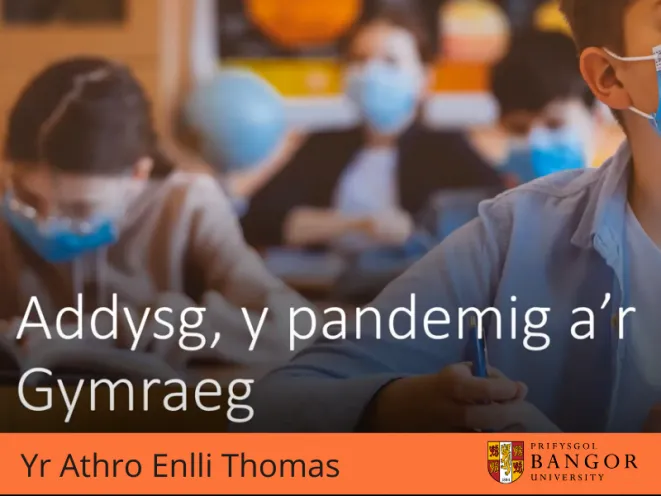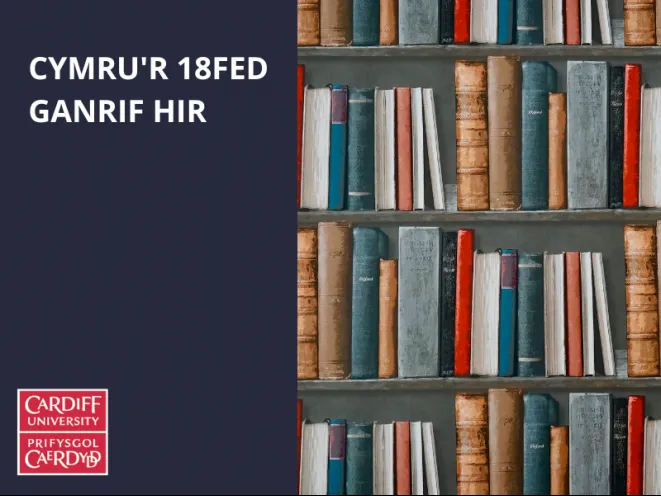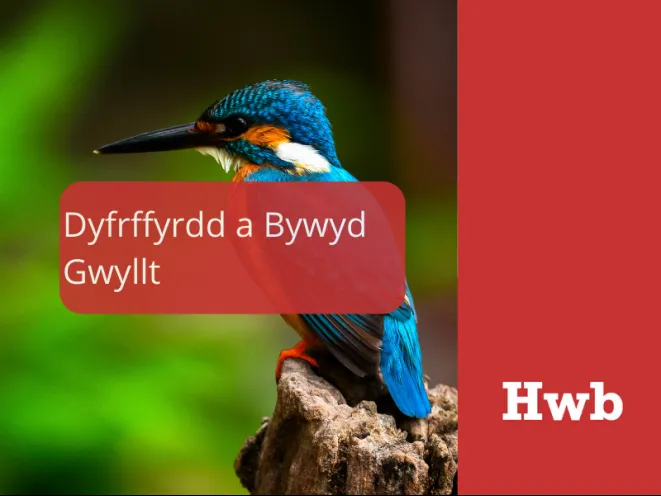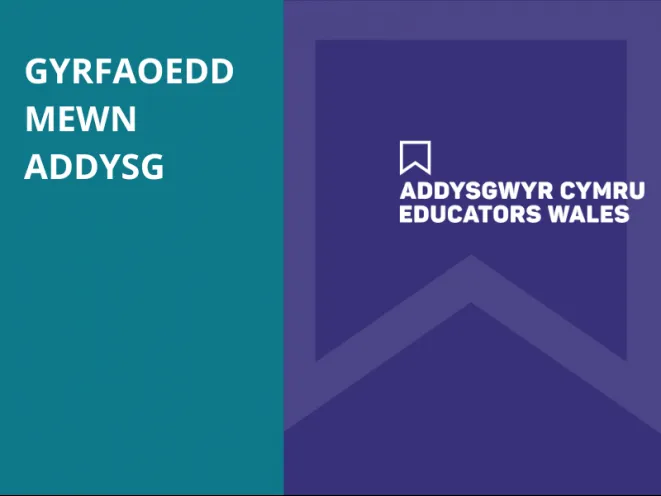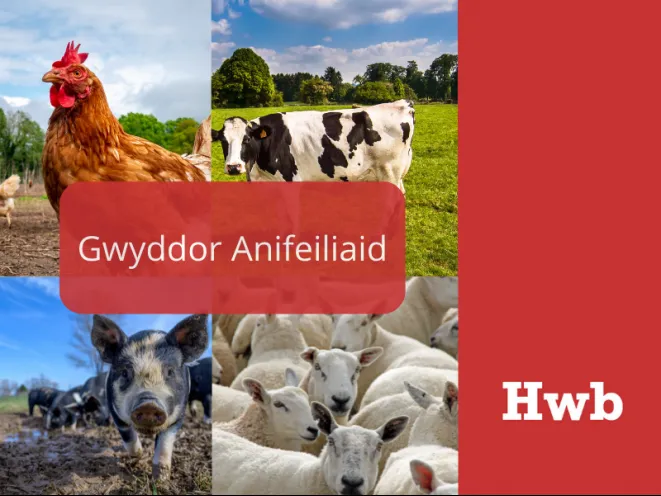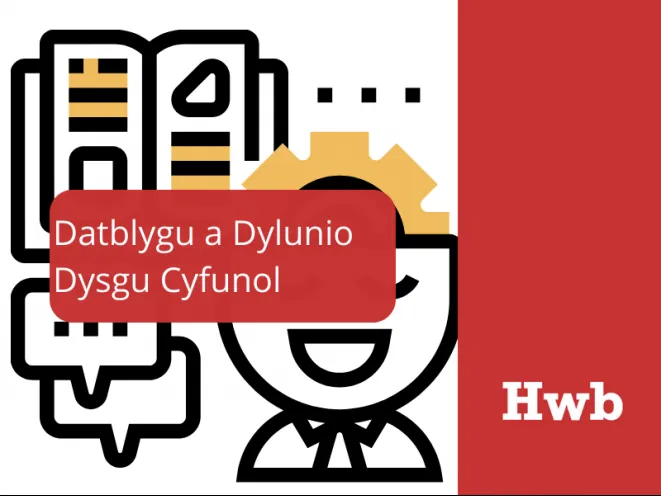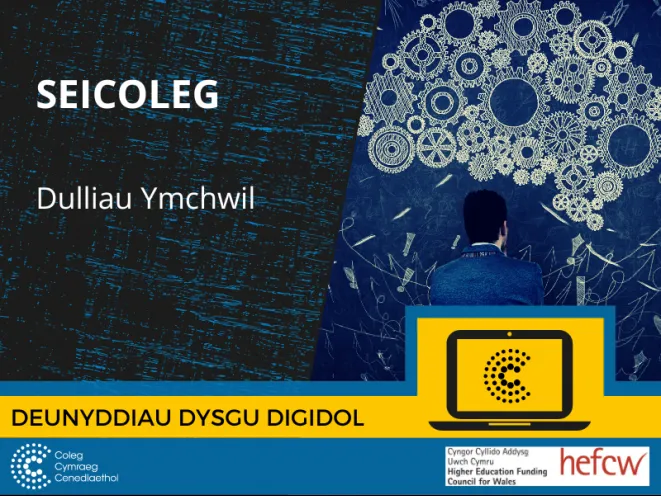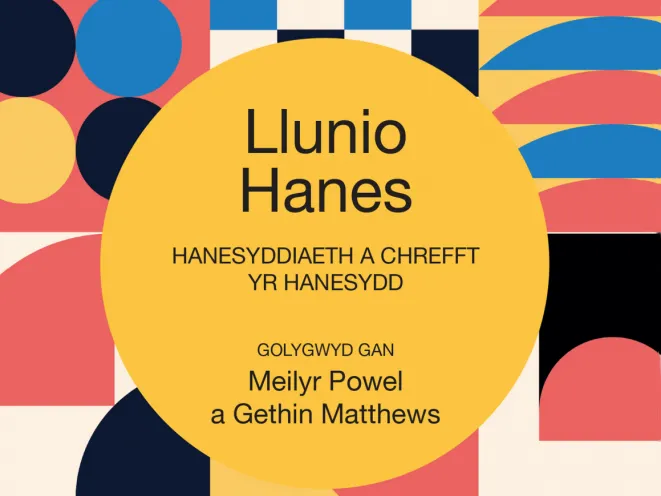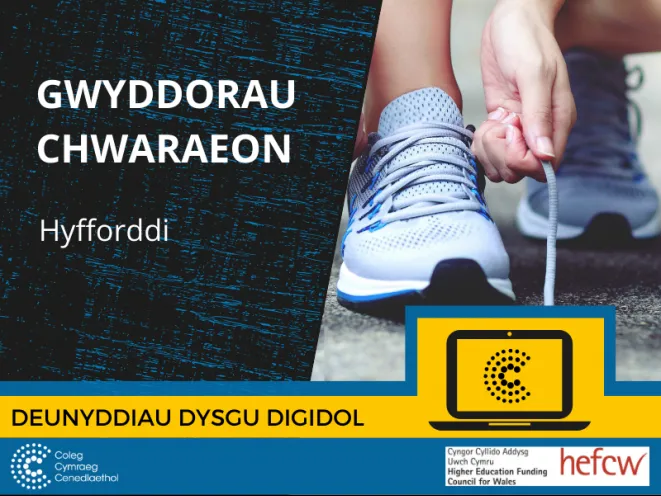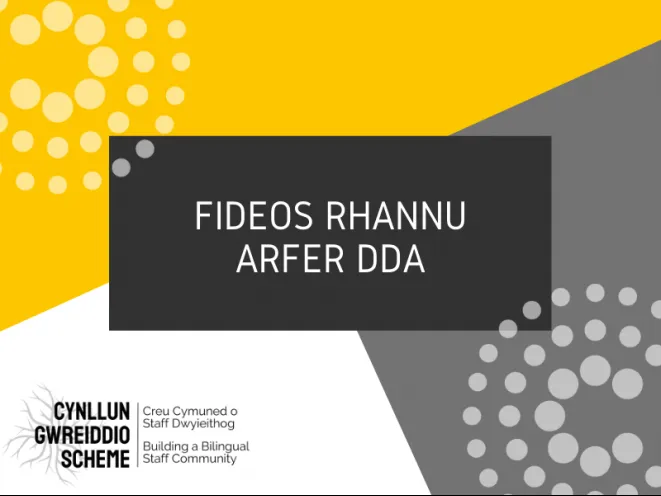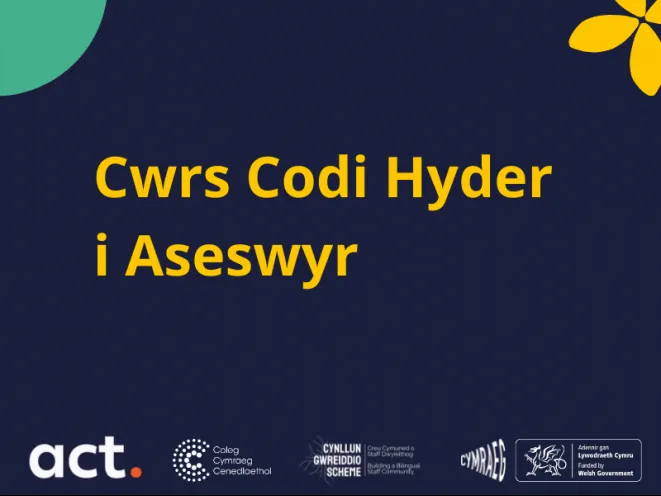A recording of a lecture given by Professor Enlli Thomas entitled ‘Addysg, y pandemig a’r Gymraeg’. The lecture was given on 26 May 2022.
O'Donnell Lecture 2022
Why does Welsh Labour win again, and again, and again?
Professor Richard Wyn Jones' presentation, recorded on the Maes, Tregaron Eisteddfod 2022. Richard discusses the history of Welsh Labour's electoral success over the last century, through the prism of Welsh worldview identities.
Wales in the long 18th century
'Wales in the long 18th century. Primary Sources in the Salisbury Collection of Cardiff University' This is a Welsh-language page on the website of Cardiff University which gives an overview with short introduction to the primary sources on the 'long eighteenth century' in the Salisbury Collection of Cardiff University Arts and Humanities Library, Special Collections. The material is presented in categories, such as religion, education, society and politics and some items have been digitised.
Waterways and Wildlife: Managing our natural environment
This resource on the Hwb website is designed for volunteers and professionals interested in environmental management. Using feature articles and key information from Welsh canals and beyond, this handbook provides an introduction to waterside habitats and wildlife.
Career in Education
Educators in Wales website which includes information about the different careers available in: Schools Further Education Work Based Learning Youth Work Adult Learning Learning Promoters
Animal Science
This HWB resource, suitable for Agriculture, horticulture and animal care learners, demonstrates the structure and functions of farm animal organs. It highlights the importance of their biological systems and the different breeding methods and reproductive technologies on the farm.
Designing and developing your blended learning practice
This playlist includes 5 online courses for post-16 teaching practitioners to explore the use of learning technology models and theories to help in developing their blended learning approaches. These bite-size courses have been designed in a flexible manner to allow you to ‘dip in and out’. The courses have been developed by Jisc subject specialists, following recommendations by Estyn, and have been funded by the Welsh Government.
Research Methods
These resources present some of the key principles and techniques used in psychological research. Each unit contains the following: abstract lecture in the form of video presentations multiple choice quiz seminar questions bibliography The individual units listed below are available here as one resource. Contributors to this theme: Emma Hughes-Parry Dr Mirain Rhys Dr Hanna Binks Dr Kyle Jones Dr Gwennant Evans Dr Rachel Rahman. These resources have been created with support from the HEFCW Investment and Recovery Fund.
Llunio Hanes: Hanesyddiaeth a Chrefft yr Hanesydd
This e-book contains a collection of chapters by various historians and academics which present the main themes and concepts on the study of history and historiography. It is aimed primarily at undergraduate and postgraduate students who are studying history.
Sports Science: Coaching
These resources examine some of the theories and the key research in the field of high quality coaching within the context of sports. Each unit contains the following: abstract lecture in the form of video presentations seminar questions bibliography The individual units listed below are available here as one resource. Contributors to this theme: Dr Julian Owen Seren Evans Dylan Blain Sara Hilton Rhiannon Wade Dr Carwyn Jones These resources have been created with support from the HEFCW Investment and Recovery Fund.
Sharing Good Practice Videos
A videos series of further education and apprenticeship providers staff sharing good practice in bilingual and Welsh-medium teaching, training, and assessment in the post-16 sector.
Raising confidence for assessors
The purpose of this online self-study course is to give assessors the resources and information to work confidently bilingually with their learners. The course considers some of the benefits and challenges of working bilingually before setting out to give information, resources and motivation that will enable assessors to develop provision and work confidently through the medium of Welsh. The course is bilingual, and is aimed at raising the confidence of assessors as they provide their training through the medium of Welsh.

